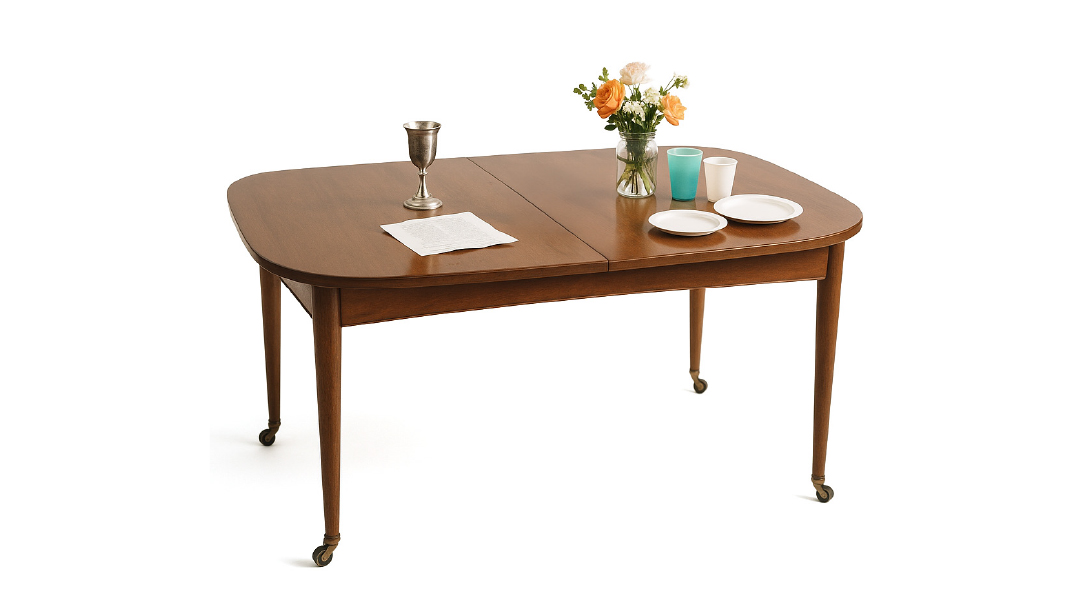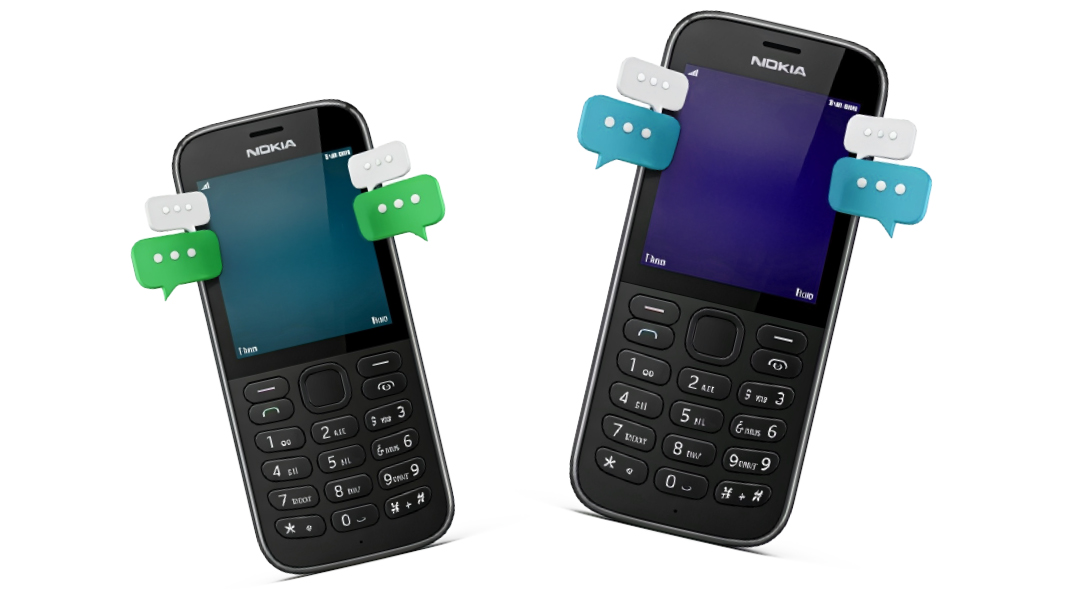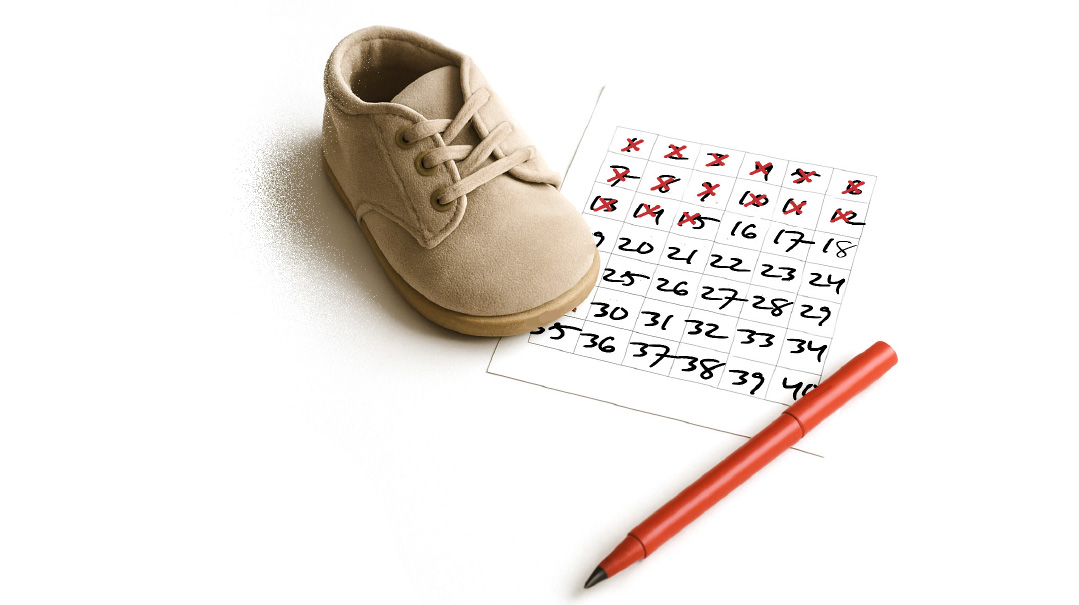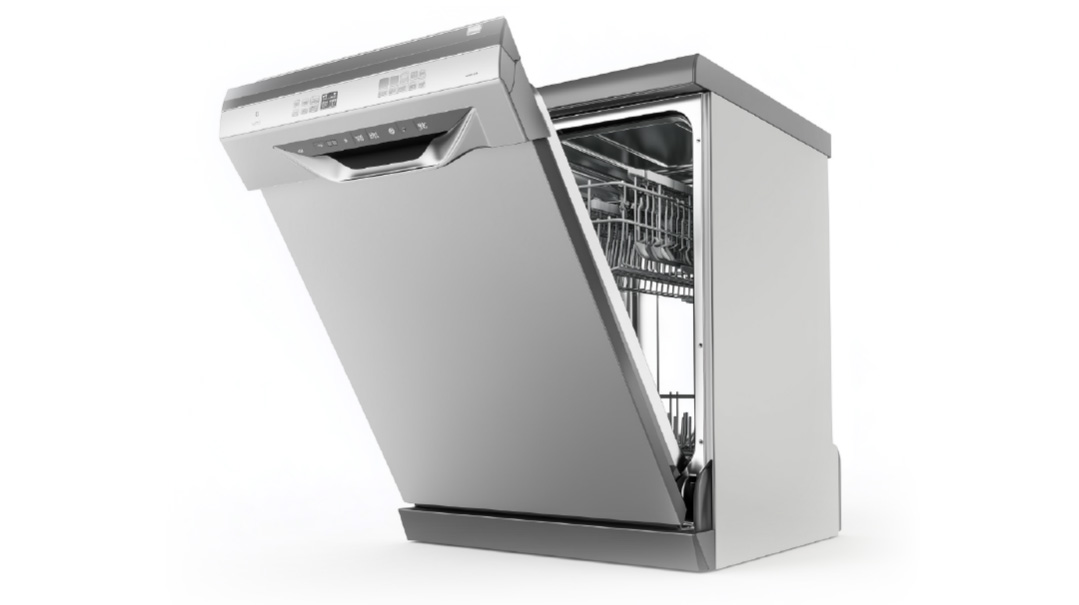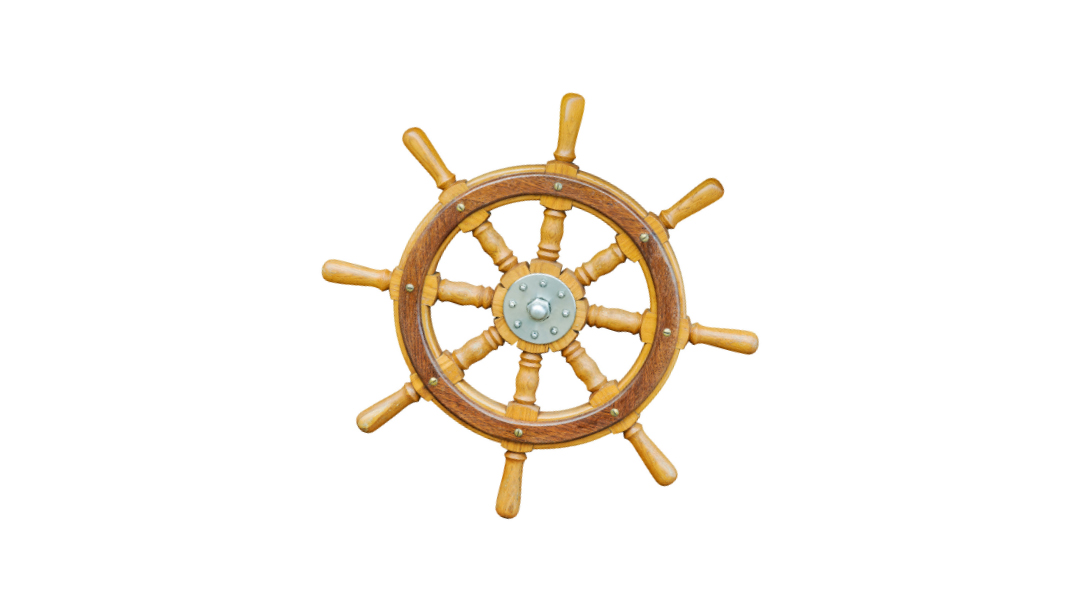On Hold
| May 20, 2020Picture the scene: the wife is bawling through her mask, the husband is pacing, tissues are everywhere
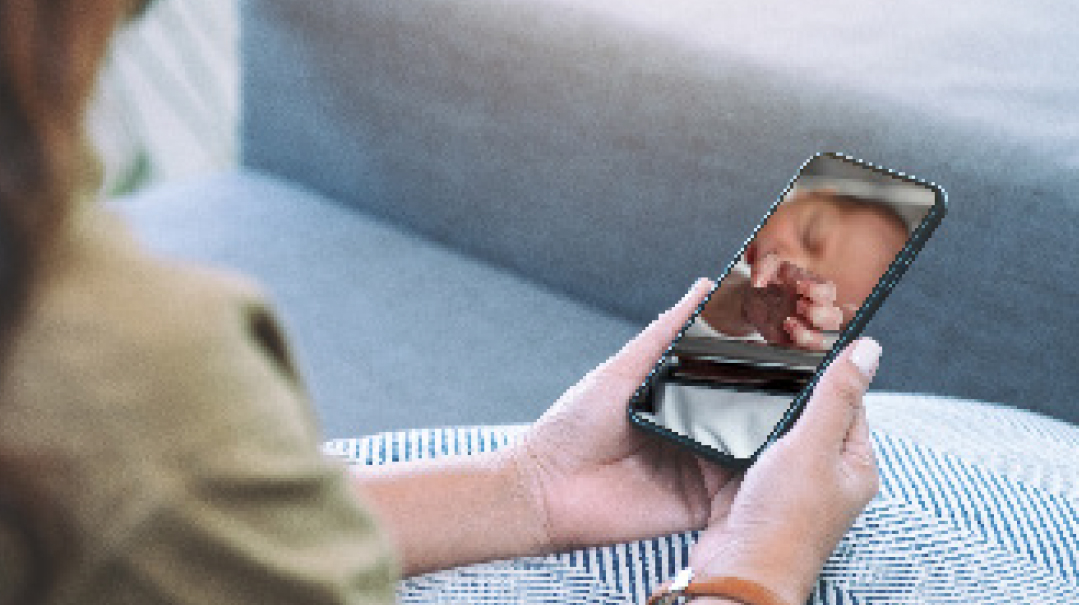
When coronavirus reached the US, the new reality hit me.
In the beginning, coronavirus was just a story from a faraway land. We heard bits and trickles in the news, but it didn’t seem real until Purim, when we started hearing talk about coronavirus in our community.
Even then, it seemed temporary. It was only when businesses closed and restrictions were put in place that I realized this was a more permanent situation, and the realization sank in.
I’m having a baby and there’s no school.
I soon realized having the children home after I gave birth would be the least of my concerns. I wouldn’t be able to get a nurse for the baby. My husband might not be able to come to the hospital with me.
Then I heard a story about a newborn whose mother tested positive for coronavirus. Mother and baby were separated at birth. They remained apart for two weeks. The baby was with strangers for his bris while his family watched remotely. And then it really hit me: If I have the virus when I give birth, I won’t be able to hold my baby.
I cried just thinking about it. But I didn’t have much time to dwell on it. Pesach was coming, and we were going to be home for the first time. I needed to kasher our kitchen, to find recipes and create menus. I threw my energy into preparing for Yom Tov, all the while reassuring myself, It will be okay, it will work out.
After Pesach, as the birth approached, my concerns resurfaced. Trying to lay my fears to rest, I went to the local bikur cholim to get tested for coronavirus. Much to my relief, the results were negative.
When the time came and I went to the hospital, I wasn’t worried. I wasn’t even concerned when they tested me for the virus — I knew I was fine. But then the nurse told me I’d tested positive. I’d need to take precautions during labor and delivery, she said. I’d have to wear a mask. And, worst of all, I wouldn’t be able to hold my baby, or even be near my baby for the duration of my stay.
It took a few minutes for the information to sink in. By the time I had my mask on, the realization slammed into me with an actual physical pain. I couldn’t talk. What was there to say? I started crying.
My husband tried to calm me down. Leah, it will be okay. I couldn’t answer him. He started researching our options. Leah, you don’t have to let them take the baby. You have the right to refuse.
I couldn’t understand the logic of the hospital’s protocol. I couldn’t touch or hold my baby, but then two days later, I could take her home? What’s the difference? It seemed unnecessarily cruel.
But, at the same time, I worried. What if they were right? What if I refused to follow their protocol, insisted on holding my baby, and something went wrong?
It wouldn’t be responsible, I decided. If anything bad happened, I’d only have myself to blame.
It was comforting to know I had a choice, but making the decision only intensified my crying. Picture the scene: the wife is bawling through her mask, the husband is pacing, tissues are everywhere. Not knowing how to comfort me, my husband actually asked, “What do you want to do? Should we go home?”
I looked at him, incredulous, and tried to imagine leaving the hospital now, trailing monitors and IV, telling the staff, “Bye, I’m going home!”
I continued crying, sobbing practically nonstop through the entire labor and delivery. The baby’s heart rate was elevated from my anguish, and the nurse told me, “You have to calm down for the baby. Try to enjoy the experience.”
“There is no experience left to enjoy,” I told her. “Which part should I enjoy? The pain of childbirth, or the moment you take the baby away?”
When my little girl was born, they took her across the room, away from me, and held her up. This is your baby. They wanted to take her to the NICU immediately, but I begged them to stay. The nurse waited another couple of moments, then she took her away. Those first minutes, where I couldn’t hold her, were harder for me than the next two days.
She was inside me for nine months, but now I couldn’t touch her. Maybe I would’ve cared less if this had been my first baby. When my first child was born, I didn’t know what it felt like to hold a newborn a few seconds after birth. Now that I do, I look forward to it the entire pregnancy.
We called family after that. I tried talking to my mother, my sister, to share the news, but it was through tears. I didn’t feel like talking. “Stop calling people,” my husband told me. He was right; we texted everyone else. I did call my other children. It was easier to talk to them; they didn’t know what was going on, and they were so excited about the new baby.
I spent the next two days feeling as though I were suspended in time. Everyone I knew was going about their lives; I was in a room by myself, waiting to hold my baby, watching her by camera. There were no visitors, no packages — even the nurses didn’t want to come inside.
When it was time for me to go home, they finally brought my little girl in to me. The post-partum nurse was casual, even nonchalant, as she wheeled in her bassinet, saying, Oh, I see a baby. I put on a mask and cleaned my hands with Purell. I couldn’t pick her up fast enough.
At first, she was serene as a princess, but then she started crying, and I was finally able to feed her. I tried to make the most of the moment, to imagine I’d just given birth. She looked so much like my other kids, I felt like I knew her. The nurses were hurrying me, shooing me out, wanting me to leave the hospital, and my husband was waiting for me downstairs. Still, I tried to stay in the moment, to enjoy our first few precious moments together.
Now that I’m home, I feel much better. I’m not saying it’s easy, but we’ve adjusted. We try to be careful: Everyone uses hand sanitizer, the older kids wear masks. My husband tells me, “You’ll forget all this, it’s not life-scarring.” I know people deal with much worse, but still, I don’t think I’ll forget this so quickly.
I remember holding my other kids. I remember how my oldest looked around, with her enormous eyes, how I held my second right after she was born, how big my third was. I remember them all. I will remember that I waited two days to hold my baby, and that it felt like forever. I’ll remember that I had to wear a mask when I held my baby, that I couldn’t kiss her.
I’m still using Purell and wearing a mask. I still haven’t kissed my baby.
But as long as I can hold her, I’m okay.
(Originally featured in Family First, Issue 693)
Oops! We could not locate your form.
